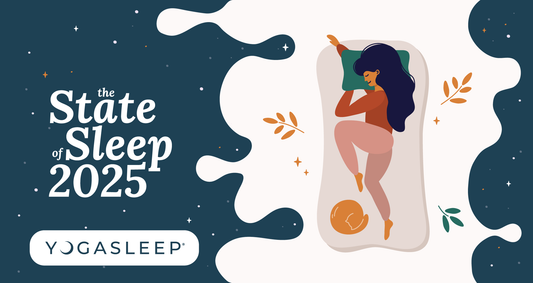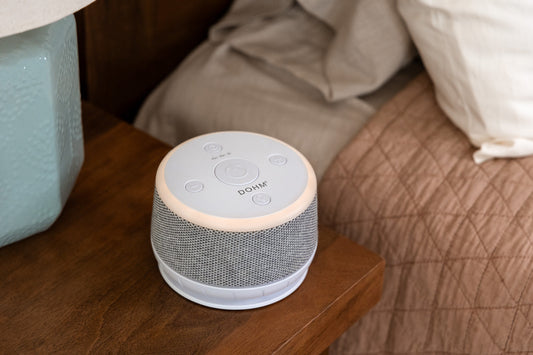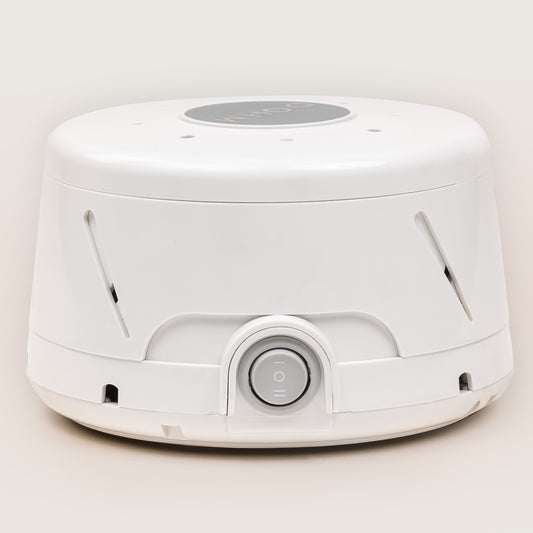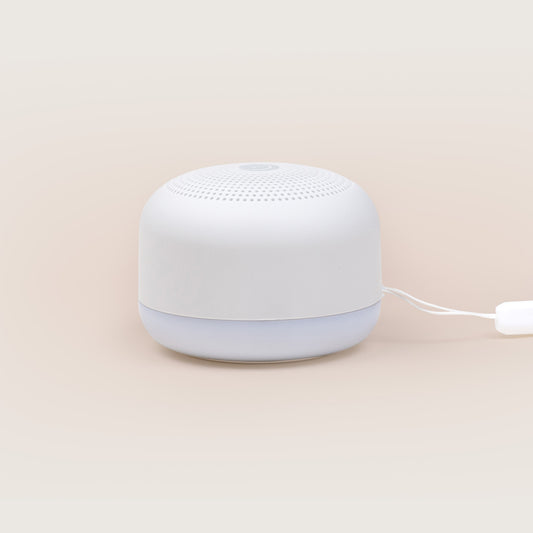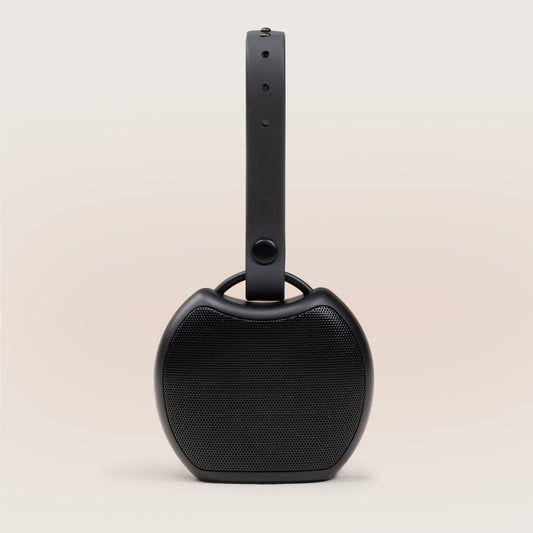
What exactly IS white noise, and why should I care about it?
White noise is not just the sound of static on a TV, or a euphemism for something that bores you to the point of zoning out. White noise has a purpose in life – and probably even in YOUR life! In fact, it could be the answer to problems you haven't even articulated.
We all get used to living with aural annoyances, and often it's not until we lie down and try to fall asleep (or wish to stay asleep in the early morning hours) that we become aware of disruptive sounds in our environment. Common sleep stealers include noisy neighbors, loud HVAC systems, clomping and stomping from the apartment upstairs, and traffic sounds – but something as seemingly innocuous as a dripping faucet can keep you awake, too, if your surroundings are otherwise very quiet.
White noise solves these issues by creating sound across a broad range of frequencies. Think of it like this: if two people are having a conversation, it's pretty easy to hear what they're saying, and your brain will automatically focus on individual words. If two HUNDRED people are having conversations, it's nearly impossible to understand anything that's being said. The noise becomes a uniform blanket of sound, and it is easier for the brain to ignore it so that it fades into the background. This kind of background sound also acts as a buffer, so any sudden noises (like birds chirping, a roommate returning home, or your hallmates’ loud music) are masked – and you keep right on sleeping.
The trick to using white noise: experiment with different tones and volumes, and also try placing your sound machine in a variety of locations. Every environment is unique, and so may require a different setup for optimal noise masking. Additionally, you may find some “white noise” sounds more soothing than others. Ultimately, it’s all a matter of personal preference – what sounds good to you as you’re relaxing towards a delicious night of sleep, and what keeps you sleeping soundly all glorious night long.

